We use cookies to make your experience better. To comply with the new e-Privacy directive, we need to ask for your consent to set the cookies. Learn more.
Arethuse, from "Le Temple des Muses"
Arethuse is a black and white etching on wire rod paper, representing the Greek myth of Arethusa , chased by Alpheus and then turned into a fountain, made by the old master Bernard Picart .
Wonderful plate with very fresh impression and an elegant line, from the print collection Le Temple des Muses , published in Amsterdam in 1742 by Zacharias Chatelain. Caption and author inscription below the image: " B. Picart del. 1731 " under the engraved frame, on the lower left margin.
In excellent conditions, except for a usual light yellowing of the margins, some light vertical folds on the left margin near the binding, and some minor stains on the margins. Overall, the engraved image is in perfect conditions.
Arethuse is a black and white etching on wire rod paper, representing the Greek myth of Arethusa , chased by Alpheus and then turned into a fountain, made by the old master Bernard Picart .
Wonderful plate with very fresh impression and an elegant line, from the print collection Le Temple des Muses , published in Amsterdam in 1742 by Zacharias Chatelain. Caption and author inscription below the image: " B. Picart del. 1731 " under the engraved frame, on the lower left margin.
In excellent conditions, except for a usual light yellowing of the margins, some light vertical folds on the left margin near the binding, and some minor stains on the margins. Overall, the engraved image is in perfect conditions.
Le Temple des Muses is an illustrated book of Ovid's most popular fables and other Greek myths, published in 1733 in Dutch ( Tempel der Zanggodinnen ), in 1738 in English, and in 1742 in French by Zacharias Chatelain. The engravings had captions in four languages: French, English, German, and Dutch.
The wonderful sixty plates engraved by Bernard Picart were a sort of fashionable mythological compendium , very useful in the eighteenth century, when the fascination with Greek and Roman antiquity coincided with the systematic excavation of the ruins at Pompeii and Herculaneum in southern Italy; after 1750, a neoclassical style dominated all artistic fields.
Bernard Picart (Paris, 1673 – Amsterdam, 1733) was a French engraver, well-known for his illustrated books, including the Bible and Ovid. His most famous work is Cérémonies et coutumes religieuses de tous les peuples du monde , published from 1723 to 1743, and defined " an immense effort to record the religious rituals and beliefs of the world in all their diversity as objectively and authentically as possible " by Jonathan I. Israel.

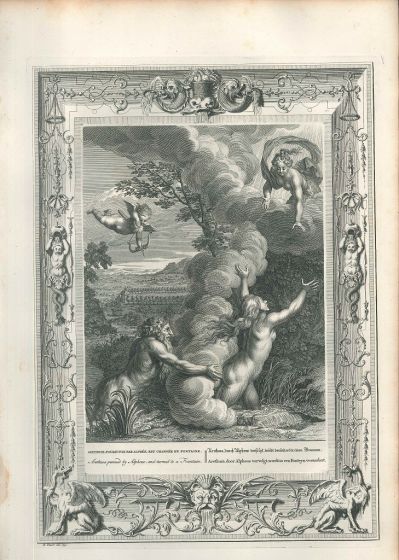

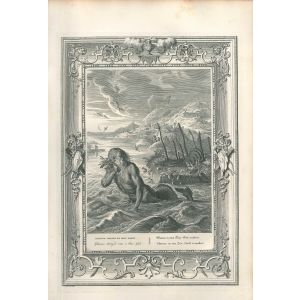
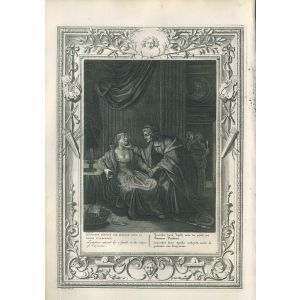
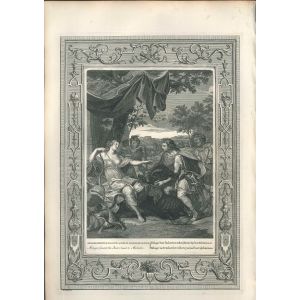
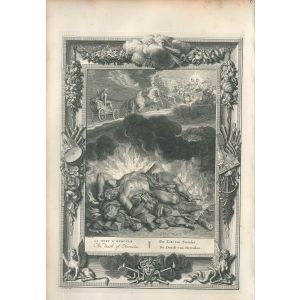
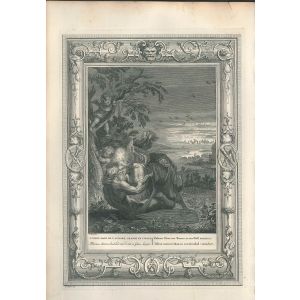
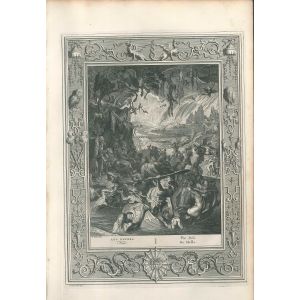

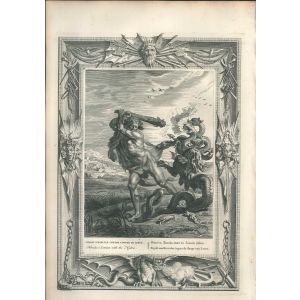
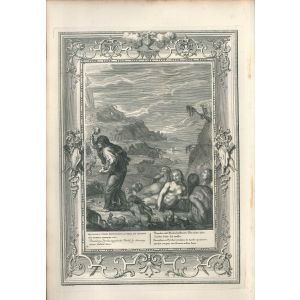
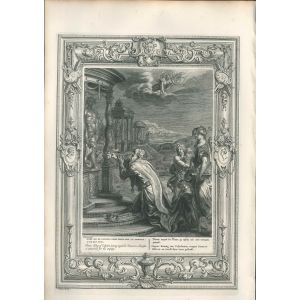
Validate your login